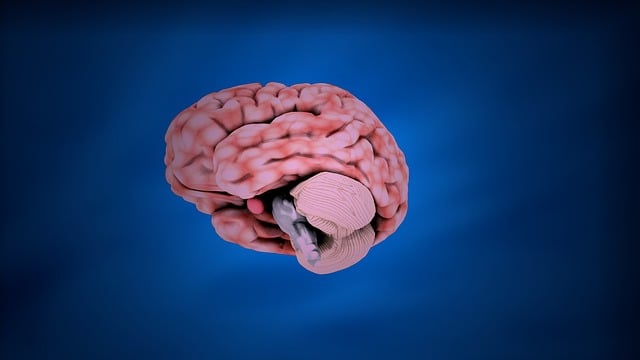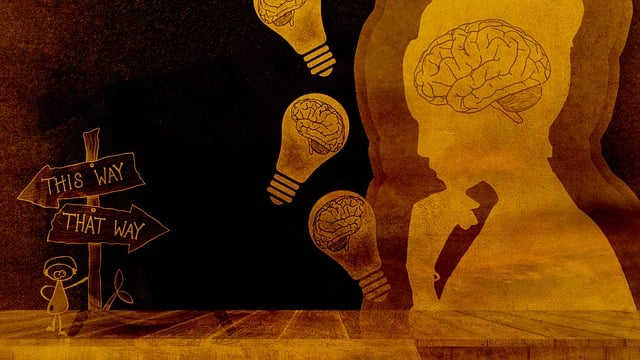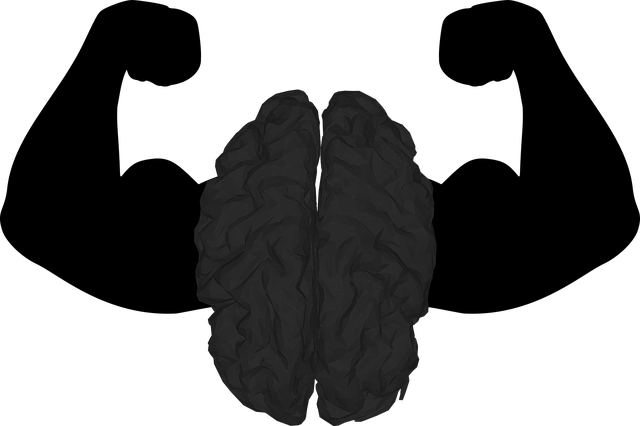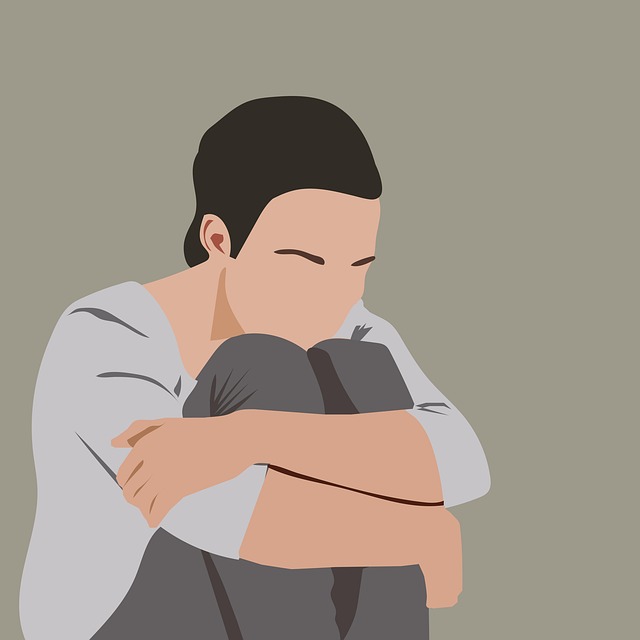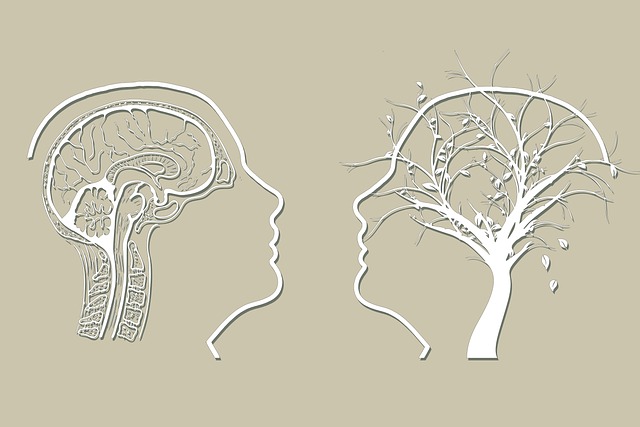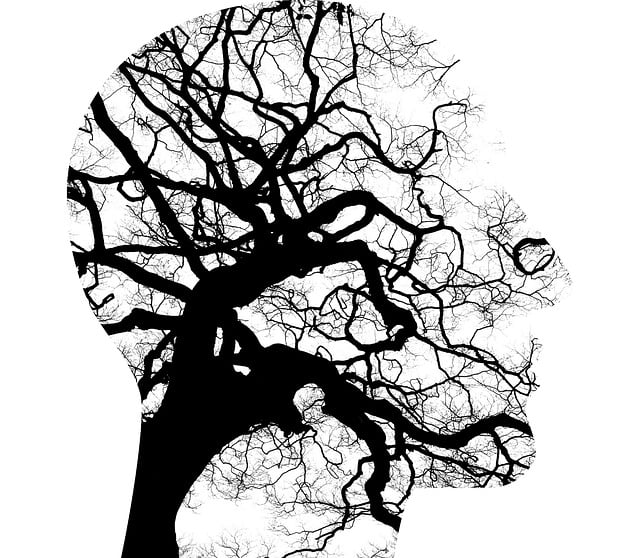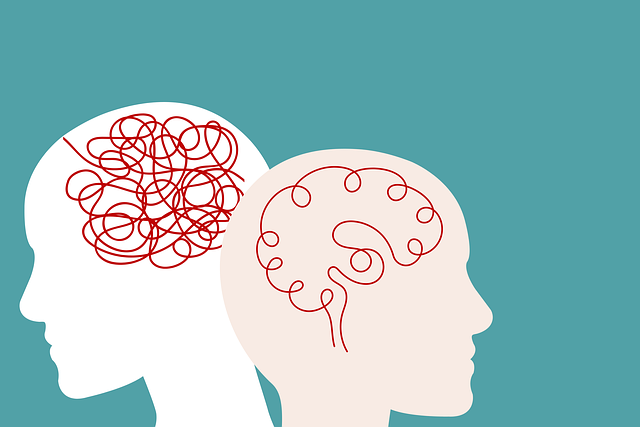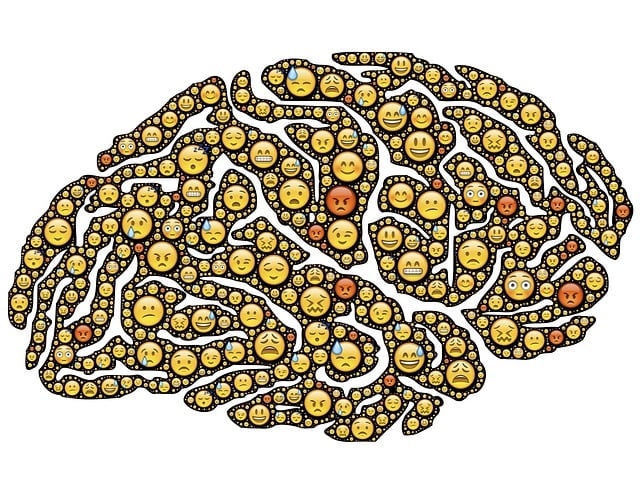Arvada, CO's diverse community faces mental health challenges due to trauma and adversity, with systemic barriers preventing access to care. Arvada Abuse Survivors Therapy (AAST) addresses this gap by offering tailored mental wellness support through evidence-based therapy, group sessions, social skills training, one-on-one counseling, workshops, and peer support. Their holistic initiatives foster community, resilience, and long-term mental health improvement. AAST measures program impact using robust evaluation methods, client feedback, and risk assessments to adapt approaches dynamically and ensure a safe space for survivors. Promoting mental health awareness equips participants to manage their emotional well-being effectively.
In Arvada, Colorado, the need for comprehensive mental health education within the survivor community has never been more pressing. This article explores the design of an impactful Arvada Abuse Survivors Therapy program, focusing on key components such as understanding the unique needs of survivors, effective program strategies, and implementing supportive resources. We delve into methods to measure success and foster continuous improvement, ensuring optimal healing for individuals navigating the challenges of abuse.
- Understanding the Need for Mental Health Education in Arvada's Survivor Community
- Designing an Effective Program: Key Components and Strategies
- Implementing Supportive Services and Resources for Optimal Healing
- Measuring Impact and Fostering Continuous Improvement in Abuse Survivors Therapy Programs
Understanding the Need for Mental Health Education in Arvada's Survivor Community

In Arvada, Colorado, understanding the need for comprehensive mental health education among abuse survivors is paramount. The city’s diverse community comprises individuals who have faced various forms of trauma and adversity, often leading to long-lasting mental health challenges. Many survivors struggle with issues like anxiety, depression, and post-traumatic stress disorder (PTSD), which can significantly impact their daily lives and overall well-being. Arvada Abuse Survivors Therapy highlights the critical gap in accessible, tailored mental wellness support specifically designed for this demographic.
Mental Health Policy Analysis and Advocacy reveals that systemic barriers prevent many survivors from receiving adequate care. Stigma, lack of awareness, and limited resources often deter individuals from seeking help. A well-designed mental health education program can foster resilience building among these communities, providing them with the tools to navigate their challenges effectively. By implementing such initiatives, Arvada can ensure better support for abuse survivors, ultimately enhancing their mental health outcomes.
Designing an Effective Program: Key Components and Strategies

An effective mental health education program design for survivors of abuse, like those supported by Arvada Abuse Survivors Therapy, should incorporate several key components. First, it must foster mental wellness through evidence-based therapeutic approaches tailored to the unique needs of the population served. This could involve group therapy sessions that encourage peer support and shared experiences, allowing individuals to build resilience and coping mechanisms.
Additionally, integrating Social Skills Training into the curriculum can enhance participants’ ability to communicate effectively, manage relationships, and navigate social environments, all crucial aspects of recovery. A robust program should also emphasize Mental Health Policy Analysis and Advocacy, empowering survivors with knowledge about their rights and resources while encouraging them to advocate for policies that promote mental health equity and support services accessible to abuse survivors.
Implementing Supportive Services and Resources for Optimal Healing

Implementing Supportive Services and Resources is a crucial step in designing an effective mental health education program, especially for survivors of abuse. At Arvada Abuse Survivors Therapy, we understand that healing goes beyond mere knowledge transfer. It involves creating an environment where individuals feel safe to express their experiences and access tailored resources. This holistic approach ensures that participants not only gain insights into mental well-being but also develop practical tools for managing their emotional states.
Our program incorporates various services such as one-on-one counseling, peer support groups, and specialized workshops focused on Stress Management, Positive Thinking, and Mood Management. These initiatives empower survivors to navigate their healing journey with resilience and self-compassion. By combining therapeutic interventions with accessible resources, we aim to foster a sense of community and encourage long-term mental health improvement.
Measuring Impact and Fostering Continuous Improvement in Abuse Survivors Therapy Programs

Measuring the impact of therapy programs designed for abuse survivors is a crucial step in ensuring their effectiveness and fostering continuous improvement. At Arvada Abuse Survivors Therapy, we employ robust evaluation methods to assess not only the immediate outcomes but also the long-term effects on clients’ mental wellness and overall recovery journeys. This involves regular client feedback, pre- and post-program risk assessments, and tracking key performance indicators (KPIs) specific to the unique needs of this population.
By integrating these assessment tools, our program can identify successful interventions and areas that require refinement. It empowers therapists to adapt their approaches, ensuring a dynamic and responsive environment for clients. Moreover, promoting mental health awareness among survivors allows them to recognize and manage their emotional well-being effectively. Additionally, regular risk assessments for mental health professionals are essential to maintain a safe and supportive therapeutic space, catering specifically to the complex needs of abuse survivors.
Arvada Abuse Survivors Therapy programs thrive on a robust mental health education foundation. By integrating key components like tailored curriculum, supportive services, and continuous evaluation, these initiatives empower survivors with coping mechanisms and foster holistic healing. Embracing evidence-based strategies ensures the effectiveness of Arvada’s approach to supporting individuals navigating the challenges that arise from trauma. Through ongoing refinement based on measured impact, these programs can revolutionize mental health care for survivor communities.
